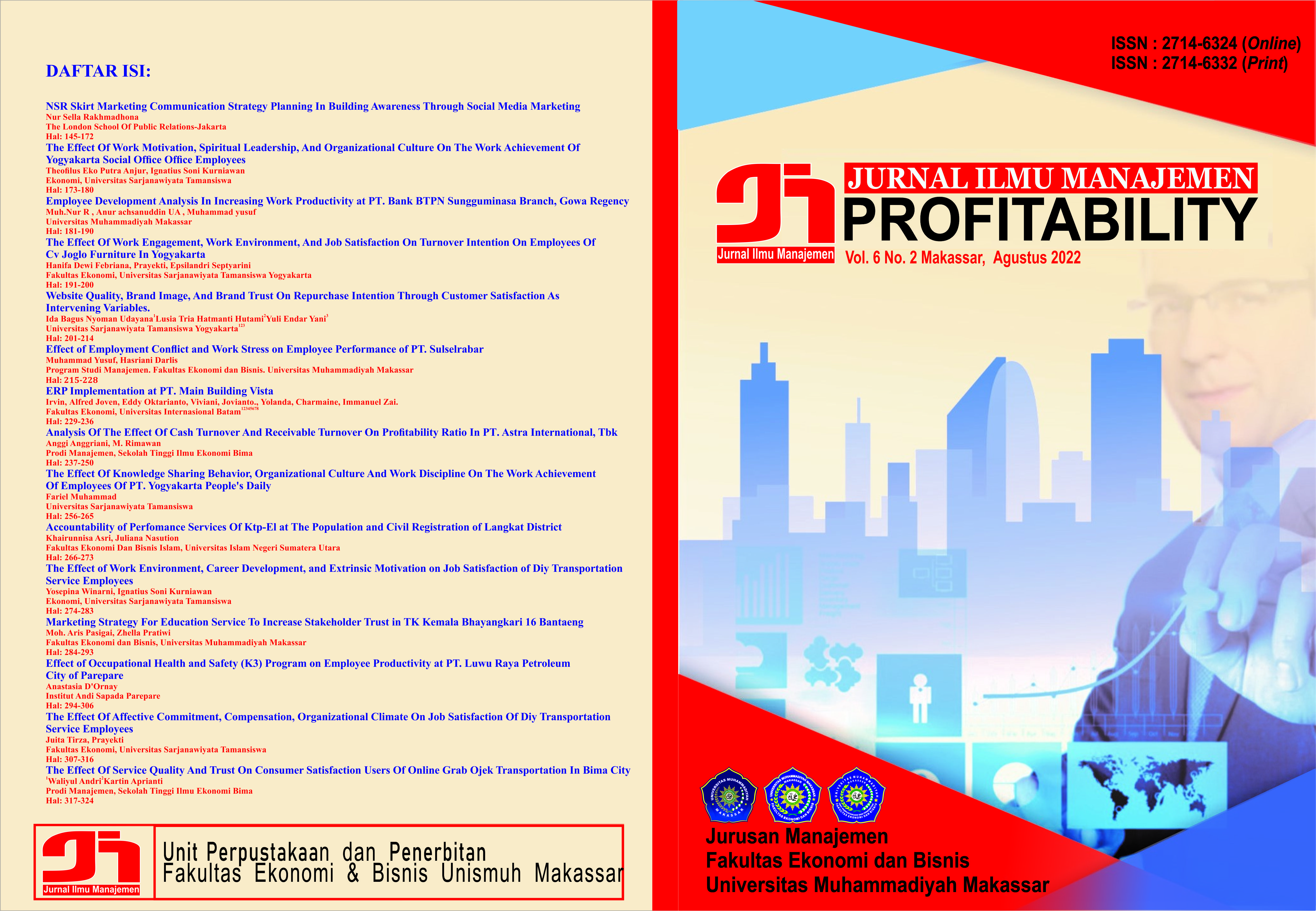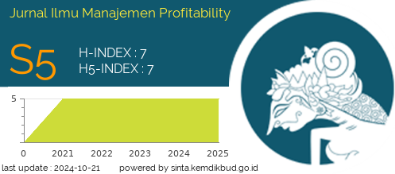Analysis of BAI' Muzayadah in the Auction of Collateral Items at the State Property and Auction Services Office (KPKNL)
DOI: https://doi.org/10.26618/qm3hmb84
Bai’ Muzayadah, KPKNL Parepare, Auction, Auction Implementation
Abstract
This study analyzes Bai’ Muzayadah in the auction of collateral assets at KPKNL Parepare. The objective of this research is to examine the implementation of collateral asset auctions at KPKNL Parepare based on the principles of Bai’ Muzayadah in Islamic economics and the collateral asset auction system from the perspective of Islamic economic law. The research employs a descriptive qualitative method, categorized as field research. Data sources include primary data obtained through direct interviews at KPKNL Parepare and secondary data such as books, journals, and articles relevant to the topic. Data analysis techniques involve data collection, data reduction, data presentation, and conclusion drawing. The validity of the data is tested using source triangulation, technique triangulation, and time triangulation. The findings indicate that (1) the implementation of collateral asset auctions at KPKNL Parepare, from the perspective of Islamic economics, utilizes internet-based methods (e-auction) through open bidding and closed bidding systems. These systems incorporate mechanisms such as security deposits and minimum bidding limits. (2) The application of Islamic economic principles, including justice, transparency, and voluntary agreements in the auction process, aligns with the principles of transparency, legal certainty, and efficiency. Auction announcements are made via the website and leaflets. The auction process is conducted thoroughly to minimize errors, beginning with the preparation stage, auction determination, payment of participants’ security deposits, and the transfer of ownership or auction minutes as legal proof for the winning bidder. These practices are consistent with Islamic economic law principles and aim to promote societal welfare.
References
Ahmad, A. (2004). Fiqh Auction Perspectives of Islamic Law and Positive Law. Kiswah.
Al-Bukhari. (2021). Islamic Economic Fiqh. UGM Press.
Andilo Sinaga, Procedures for Auctioning Banking Guarantee Objects Electronically at KPKNL Pematang Siantar, (Locus Journal of Academic Literature Review, Vol 2: 2023). (n.d.).
Arifin. (2019). Sharia Economics and Its Development. Gold.
Arikunto, S. (2013). Research Procedure: A Practical Approach,. Rineka Cipata,.
Basrowi, & Surwardi. (2008). Understanding Qualitative Research. Rineka Indah.
Fadhli. (2022). Justice in Sharia Economic Transactions: Implementation at Auction. Journal of Economics and Law.
Hafidh. (2021). Implementation of the Principle of Justice in Sharia Auctions. Journal of Sharia Economics.
Hasanah. (2015). Auction Management in the Perspective of Sharia Economics. UGM Press.
Husayn. (2022). The Principle of Voluntary Agreements in Sharia Economics. Journal of Islamic Studies.
Imam Ash-Shan'ani, Subulus Salam Juz III, 2017, p. 23. (n.d.).
Lutfiyah. (2013). Principles of Sharia Economics in Business Practice. Alphabeta.
Mulyani, & S. (2022). Sharia Principles in Auction Practice: A Case Study on KPKNL. Universitas Muhammadiyah Press.
Rasjid, S. (2011). Islamic Fiqh (cet, 50th). Sinar Baru Algensindo.
Sabiq, Sayyid, Fiqh Sunnah, Volume IV, (Bandung: 2006), p. 45. (n.d.).
Satya Haprabu, Auction sales of collateral for dependent rights according to the perspective of Islamic law, (Journal of repertorium Vol. 4. 2017). (n.d.).
Sulaiman. (2020). The Application of Islamic Economic Principles in Auction Systems. Journal of Islamic Economics.
Yazid M & Yazid M, in Answering the Challenges of Social Justice and Global Capitalism. (Al-Qānūn, Vol 1, 2009). (n.d.).
Downloads
Published
Issue
Section
License
Authors who publish with Jurnal Ilmu Manajemen Profitability agree to the following terms:
Copyright of the articles remains with the authors.
Authors grant the journal the right of first publication with the work simultaneously licensed under a Creative Commons Attribution-NonCommercial 4.0 International License (CC BY-NC 4.0). This license allows others to:
Share (copy and redistribute the material in any medium or format)
Adapt (remix, transform, and build upon the material)
as long as they give appropriate credit to the original author(s) and source, provide a link to the license, and indicate if changes were made. Non-commercial use only.
Authors are permitted to:
Distribute their published work (e.g., post it to an institutional repository or publish it in a book), with an acknowledgment of its initial publication in this journal.
Enter into separate, additional contractual arrangements for the non-exclusive distribution of the journal’s published version of the work (e.g., post it to a class website or institutional archive).
For permissions to use the content published in this journal beyond the scope of the license (e.g., commercial purposes), please contact the editorial office via the journal email.
License Details:
This journal is licensed under a Creative Commons Attribution-NonCommercial 4.0 International License (CC BY-NC 4.0).












